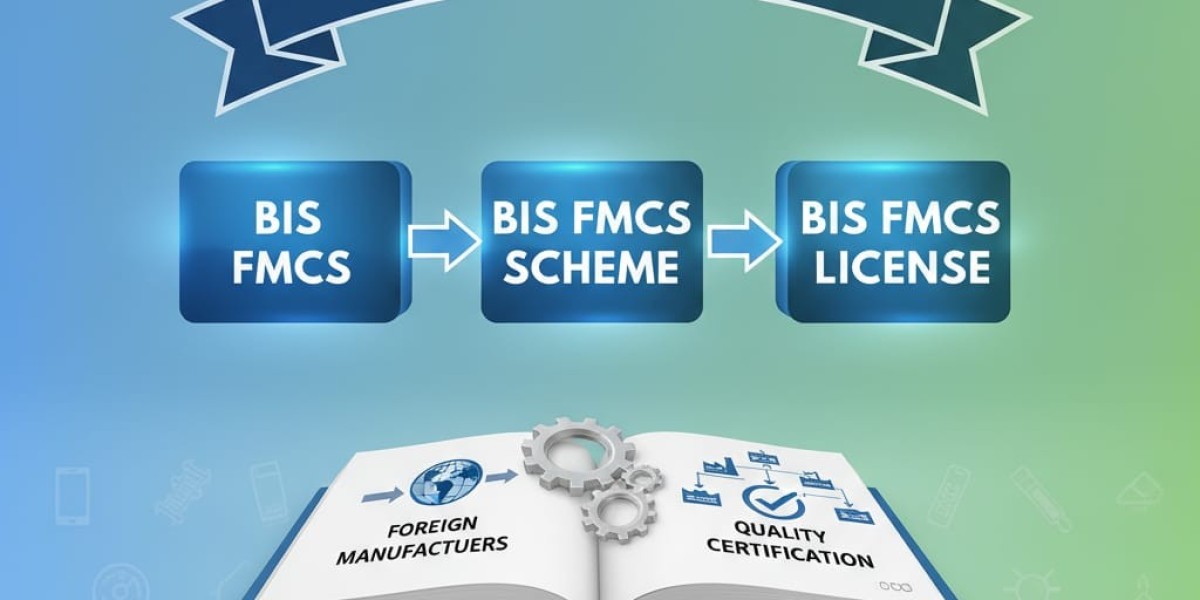Introduction
India is one of the world’s fastest-growing markets, attracting global manufacturers who wish to expand their presence across sectors such as electronics, chemicals, household goods, industrial products, and more. However, selling products in India requires strict compliance with national quality and safety regulations. This is where obtaining a BIS Certificate for Foreign Manufacturer becomes critical. Foreign manufacturers must comply with the standards established by the Bureau of Indian Standards (BIS) before exporting certain regulated products to India. Without proper certification, products may be rejected at customs, face legal penalties, or be prohibited from sale.
What Is a BIS Certificate for Foreign Manufacturer?
A BIS Certificate for Foreign Manufacturer is an authorization granted by the Bureau of Indian Standards that allows overseas manufacturers to produce and export items to India in compliance with BIS standards.
Foreign manufacturers receive certification only after their product is tested, verified, and approved as per Indian Quality Standards under the applicable BIS scheme. The certification also allows the manufacturer to affix the ISI Mark or CRS Mark on their products.
It ensures that imported products are:
Safe
High-quality
Compliant with Indian standards
Suitable for consumer use
What Is BIS Certification for Foreign Manufacturer?
The term BIS Certification for Foreign Manufacturer refers to the process through which an overseas factory obtains approval from BIS under either the FMCS (Foreign Manufacturers Certification Scheme) or CRS (Compulsory Registration Scheme), depending on the product type.
This certification is mandatory for foreign-made products that fall under various Quality Control Orders (QCOs) issued by the Government of India.
Products requiring BIS certification include:
Electronics & IT products
Steel items
Cement
Batteries
Pressure cookers
Cables & wires
Toys
Household appliances
If your product category is listed under BIS regulations, certification is compulsory before exporting to India.
Why Is BIS Certificate for Foreign Manufacturer Important?
Foreign manufacturers must obtain this certification because India’s compliance system ensures:
Consumer safety
Prevention of hazardous or low-quality imports
Fair competition in the Indian market
National quality assurance
Smooth trade and customs clearance
Without BIS approval, products may face:
Port delays
Confiscation
Heavy penalties
Ban on sale in India
Thus, BIS compliance is not just a legal requirement but a strategic business necessity.
BIS Schemes Available for Foreign Manufacturers
Foreign manufacturers can get certified under one of the two major BIS schemes:
1. FMCS (Foreign Manufacturers Certification Scheme)
This scheme applies to products requiring the ISI Mark, especially industrial and safety-critical products.
Industries include:
Steel
Cement
Chemicals
Electrical items
Kitchen appliances
FMCS involves factory audits, product sampling, and on-site inspection by BIS officials.
2. CRS (Compulsory Registration Scheme)
This is applicable to electronics and IT products.
Examples:
LED lights
Laptops
Mobile phones
Smart watches
Power adapters
Under CRS, products must be tested in a BIS-recognized laboratory in India.
Step-by-Step Process for BIS Certification for Foreign Manufacturer
Although the process varies slightly between FMCS and CRS, the overall steps remain similar.
Step 1: Identify Applicable BIS Standard (IS Code)
Determine the correct Indian Standard related to your product.
Step 2: Prepare Documentation
Documentation includes test reports, factory licenses, business proof, quality control details, and more.
Step 3: Application Submission
Submit the application along with required details of manufacturing units and product specifications.
Step 4: Product Testing
Samples are tested in BIS-approved labs.
For CRS, testing must be done in India.
For FMCS, testing may be done during factory inspection.
Step 5: Factory Audit / Inspection (FMCS only)
BIS officials visit the foreign factory to examine:
Production capability
Machinery
Raw materials
In-house testing facilities
Quality control processes
Step 6: Evaluation and Grant of Certificate
Once all verification steps are completed successfully, BIS Certification for Foreign Manufacturer.
Step 7: Using the Standard Mark
The manufacturer can now place:
ISI Mark (for FMCS)
CRS Mark (for electronics)
Documents Required for BIS Certificate for Foreign Manufacturer
You will need:
Manufacturing license
ISO certificate
Flow chart of manufacturing process
Equipment list
Test reports
Indian Representative (AIR) nomination letter
Trademark authorization (if required)
Product description & technical data
Quality control documents
Providing the correct documents helps avoid delays or rejections.
Timeline for BIS Certification
The certification timeline depends on the scheme:
CRS Certification: 20–30 working days
FMCS Certification: 3–6 months (includes factory audit)
Delays may occur if documentation is incomplete or products fail testing.
Benefits of BIS Certification for Foreign Manufacturer
1. Legal Approval for Exporting to India
Certification ensures that your products can enter the Indian market without obstacles.
2. Increased Market Credibility
Indian buyers trust BIS-certified products more.
3. Competitive Advantage
Certified manufacturers gain preference over uncertified competitors.
4. Smooth Customs Clearance
Import procedures become faster and more reliable.
5. Higher Sales & Business Growth
Compliance helps build long-term business relationships in India.
6. Protection from Penalties
Avoid fines, seizures, and product rejections.
Challenges Foreign Manufacturers Face
Understanding Indian standards
Coordinating sample shipments
Conducting factory audits
Document preparation
Managing communication across time zones
This is why expert consultation becomes highly valuable.
Conclusion
Obtaining a sunconsultants.co.in and completing the BIS Certification for Foreign Manufacturer process is essential for entering the Indian market successfully. With increasing regulatory enforcement and the growing need for quality assurance, foreign manufacturers must ensure full compliance with BIS requirements to avoid legal, financial, and operational challenges.






